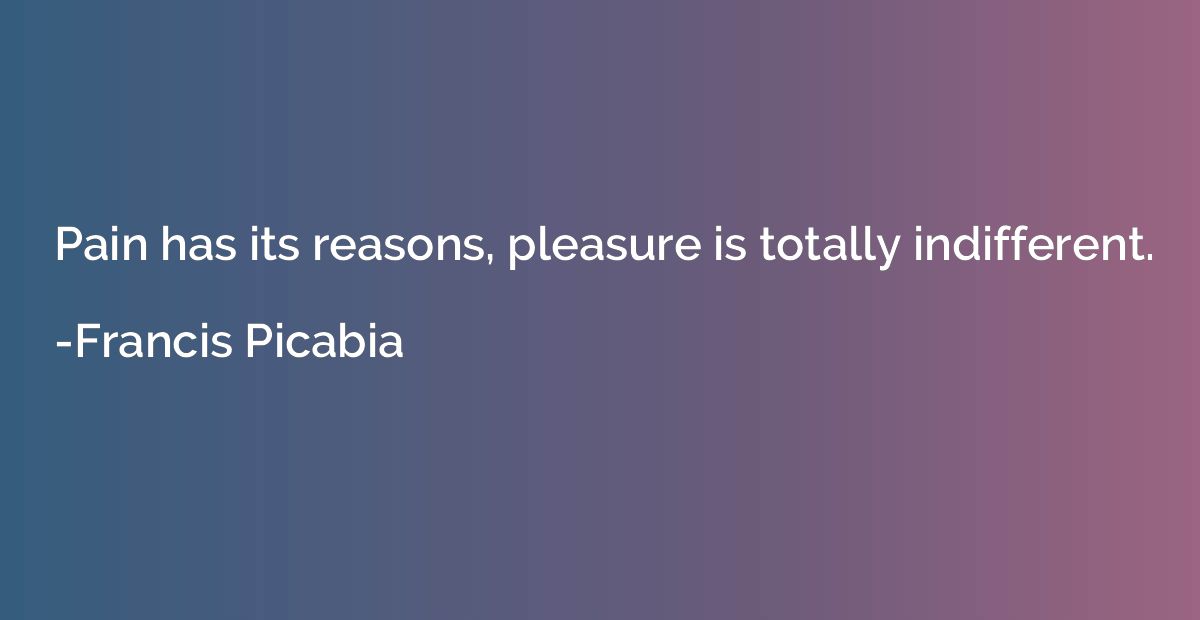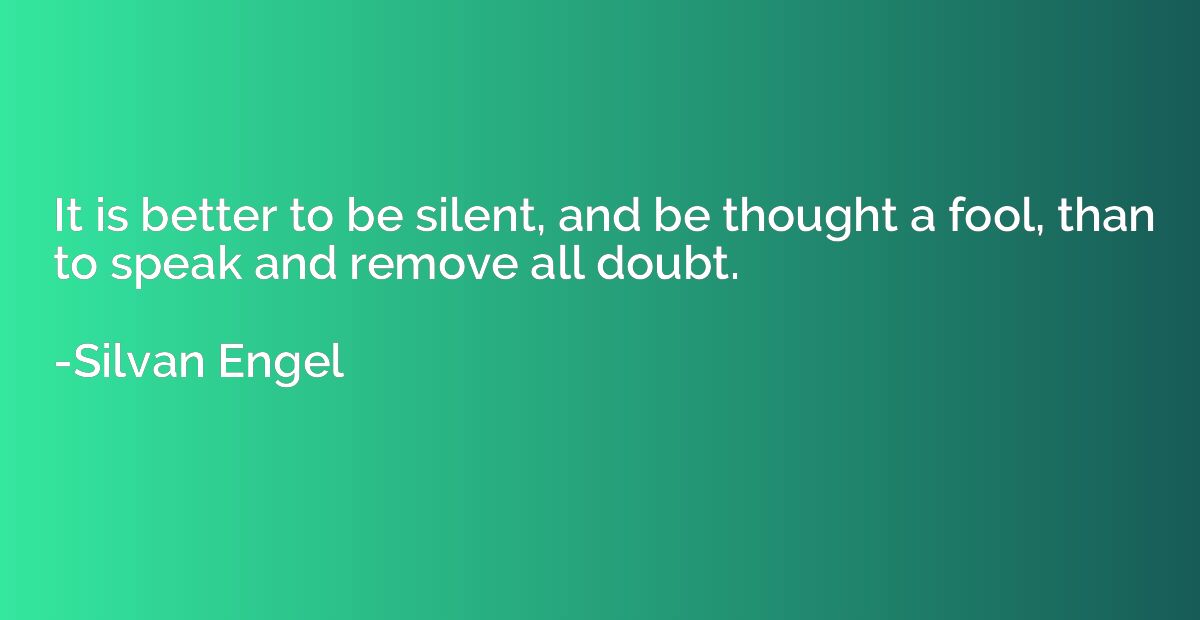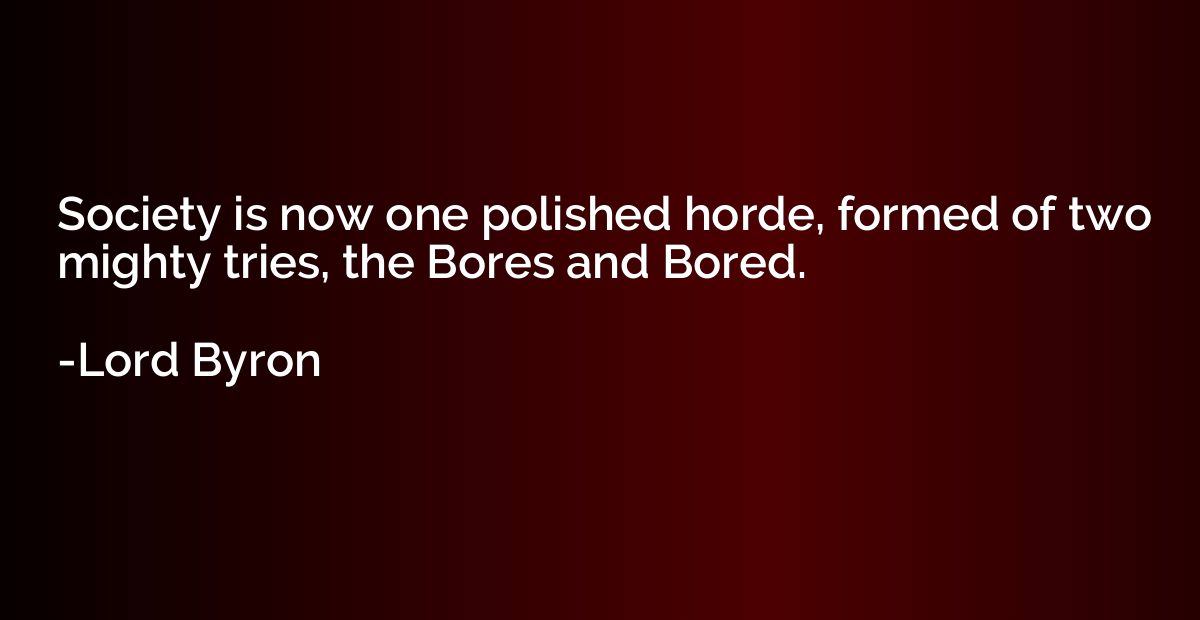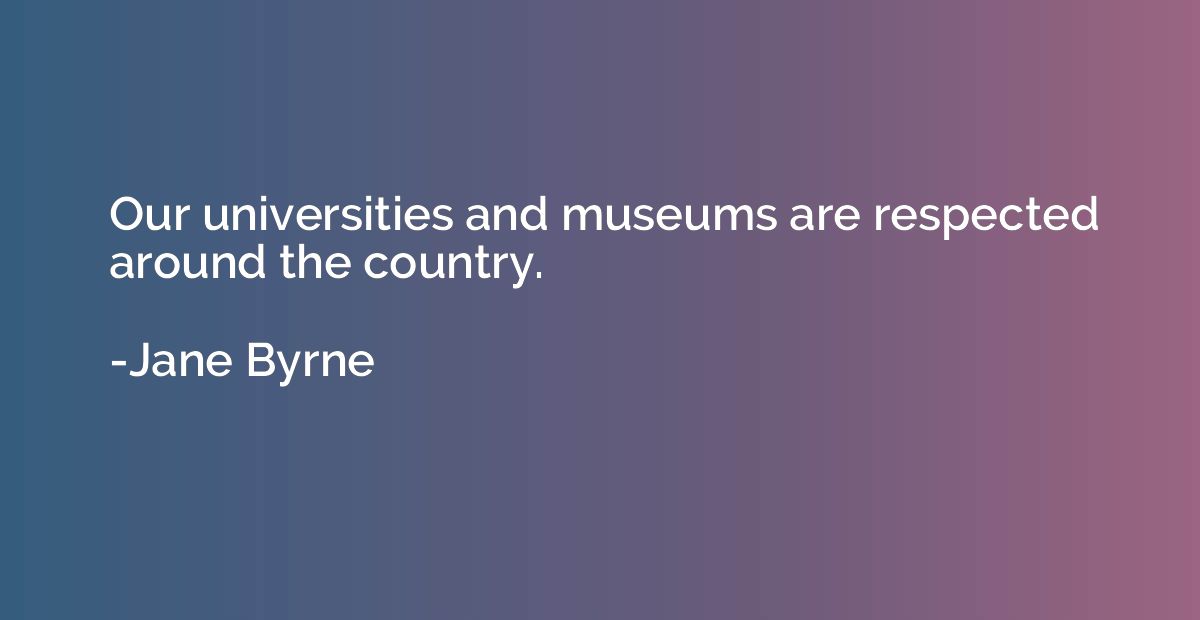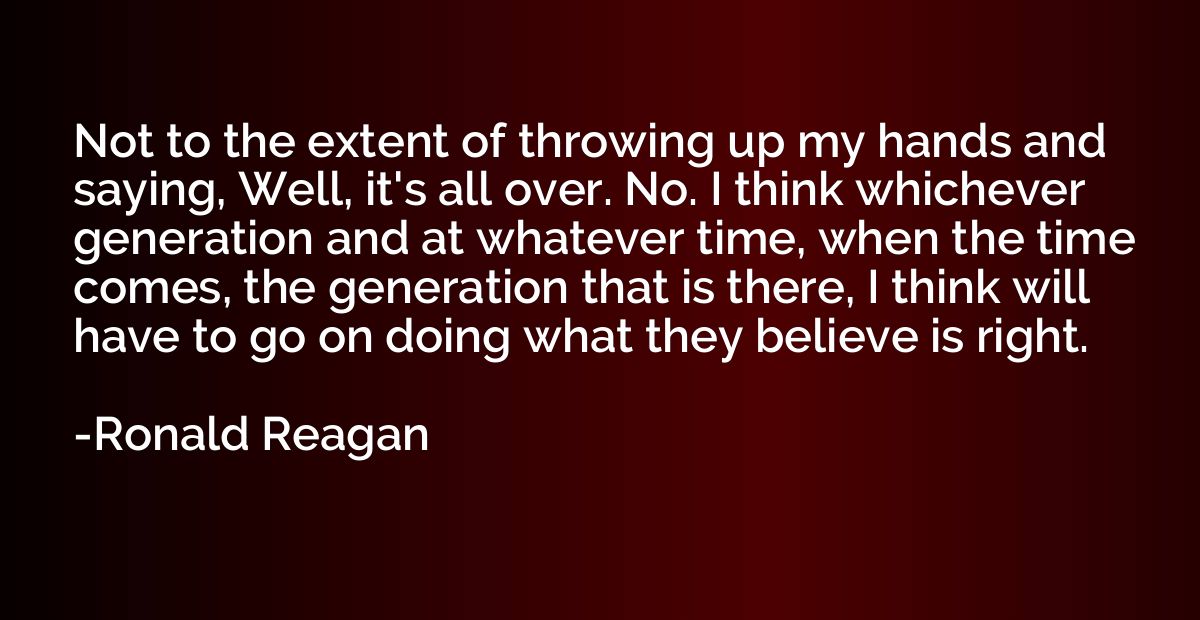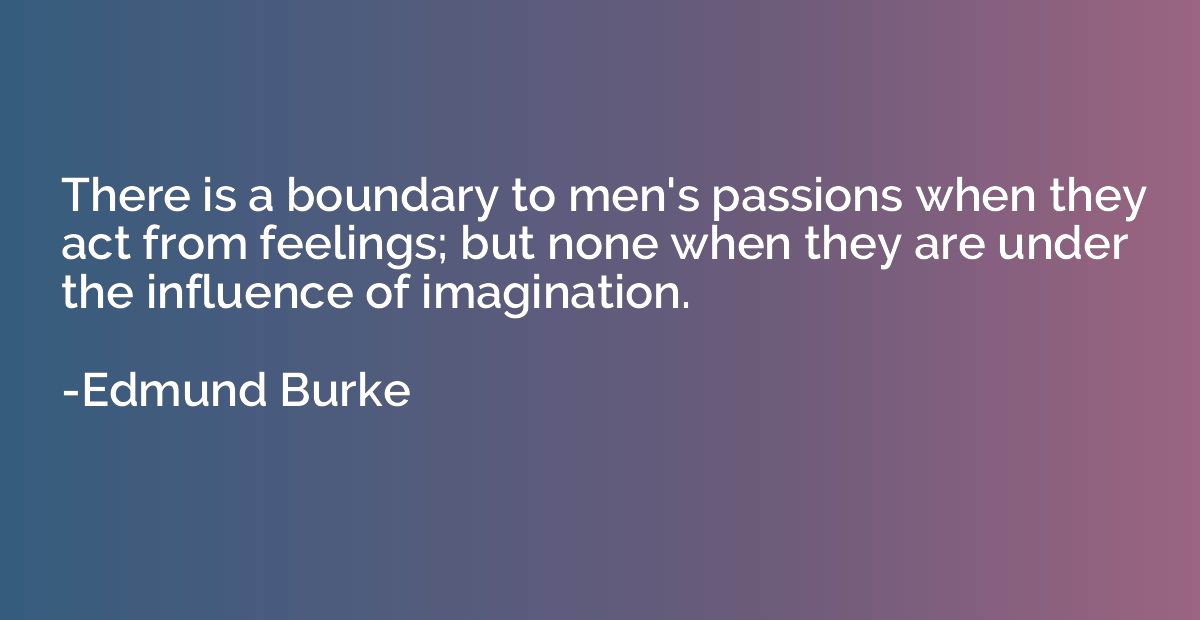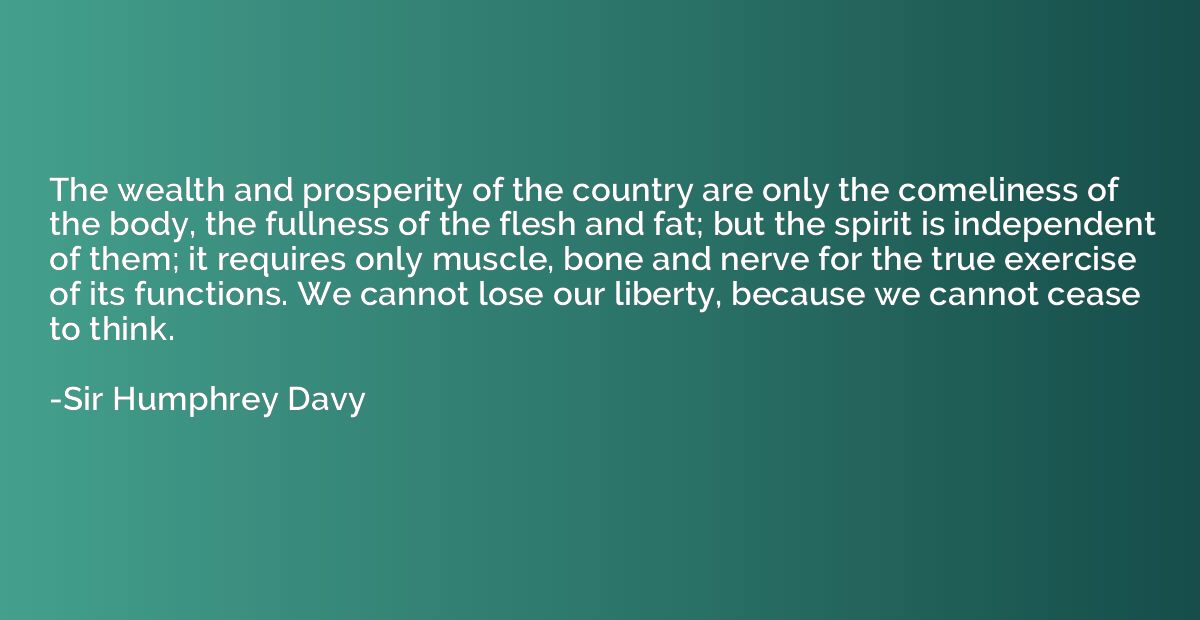Summary
This quote suggests that pain always has a cause or a reason behind it, while pleasure is unaffected by external factors and is not influenced by any particular reason. It highlights the asymmetry between pain and pleasure, implying that pain serves a purpose or carries a message, while pleasure exists independent of any specific motive or purpose. It reflects the idea that pain is often a response to something negative or distressing, whereas pleasure can be a spontaneous, enjoyable experience without needing any justification.
